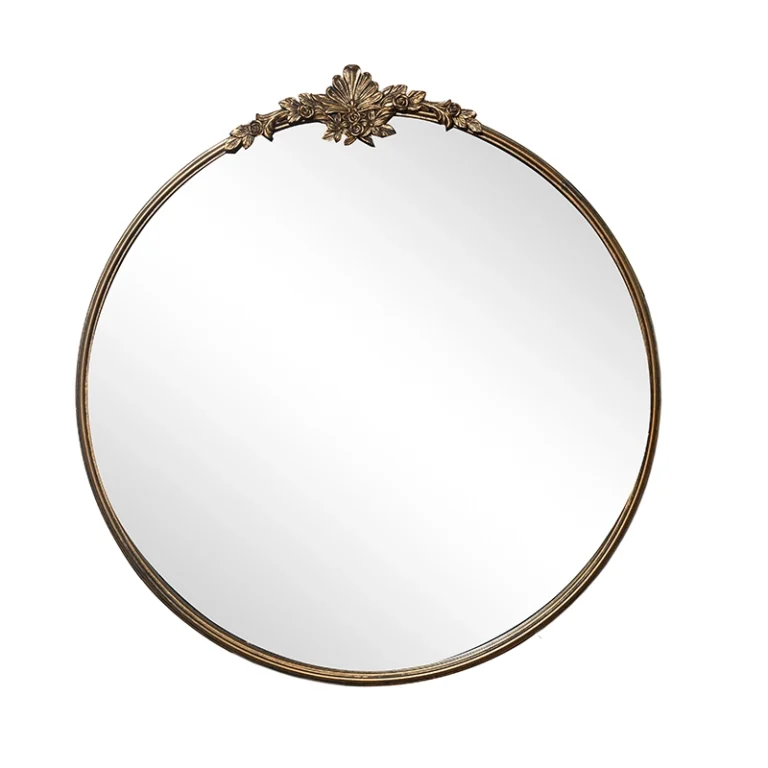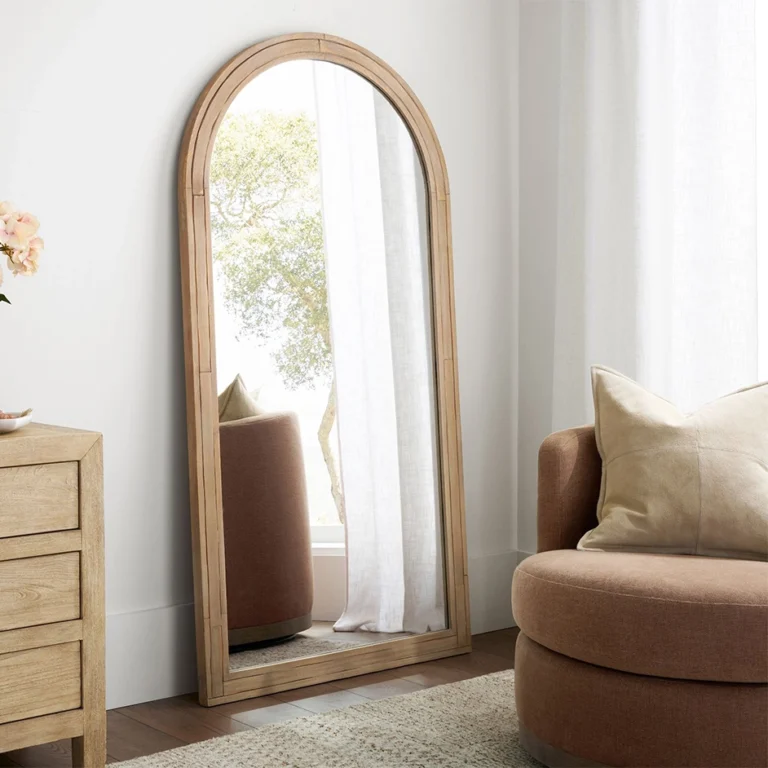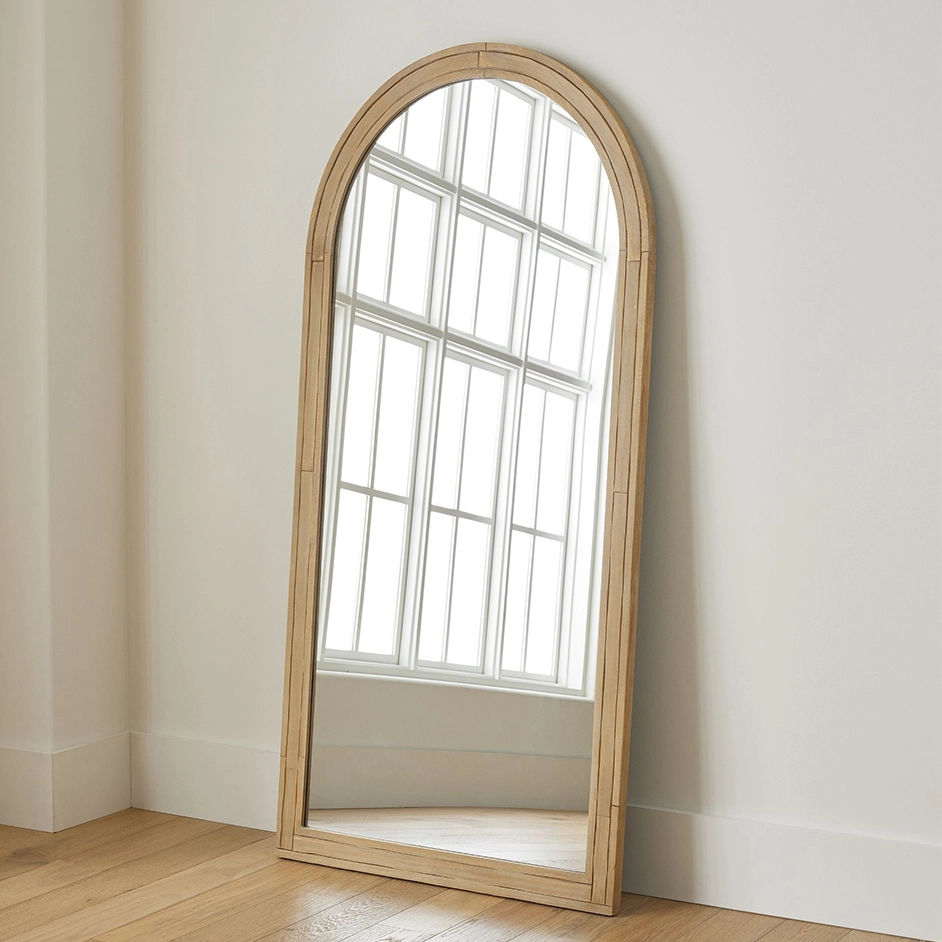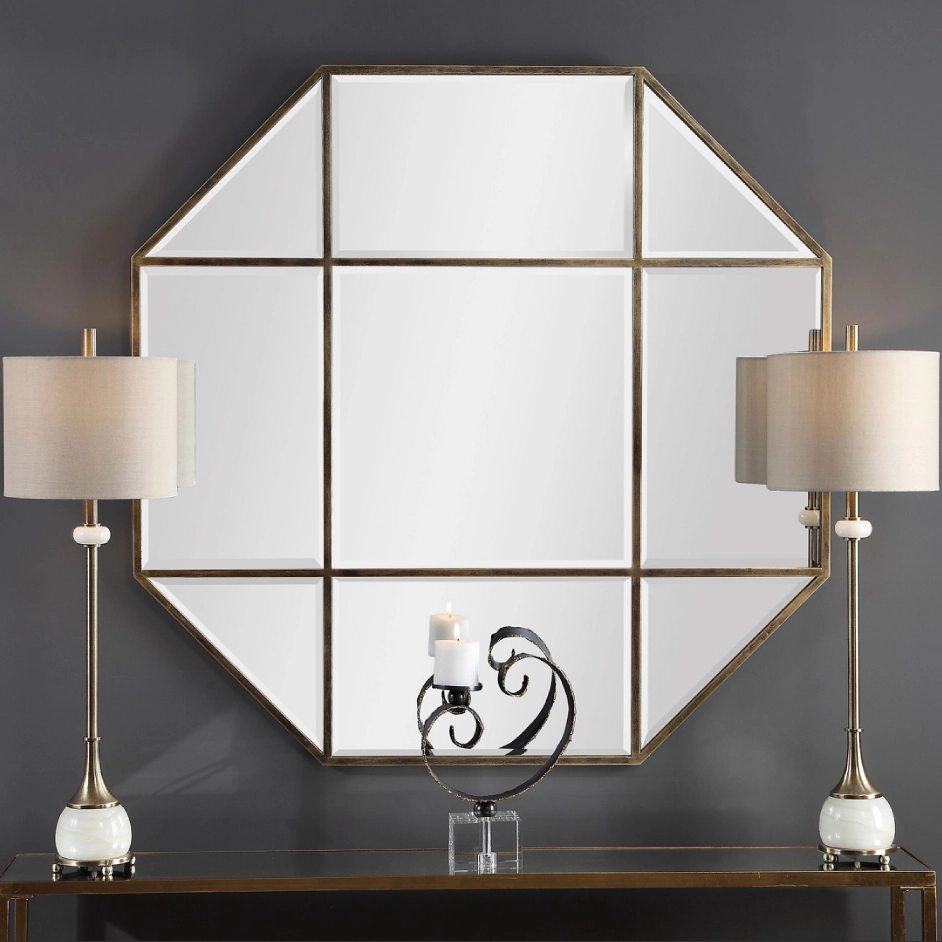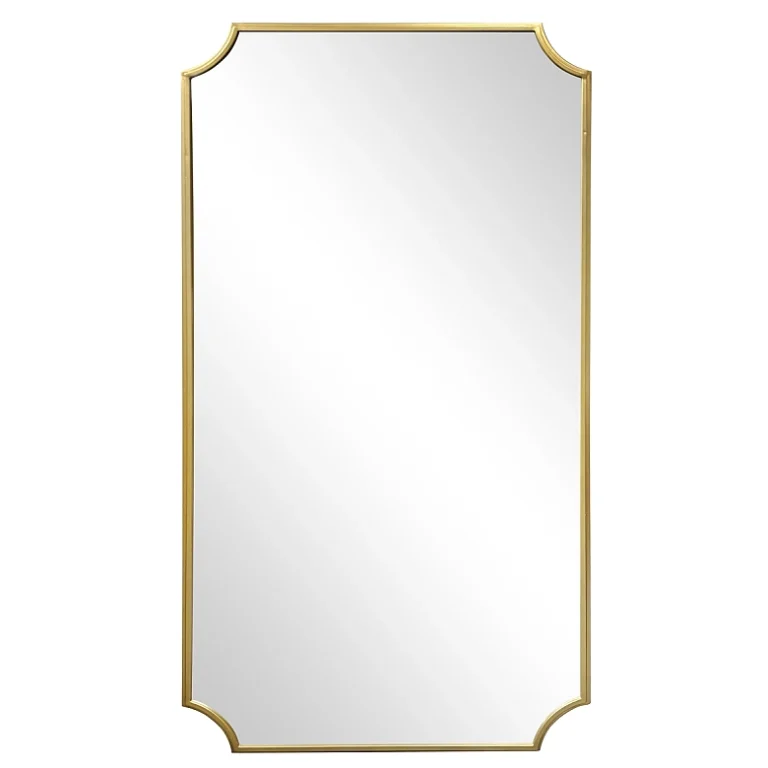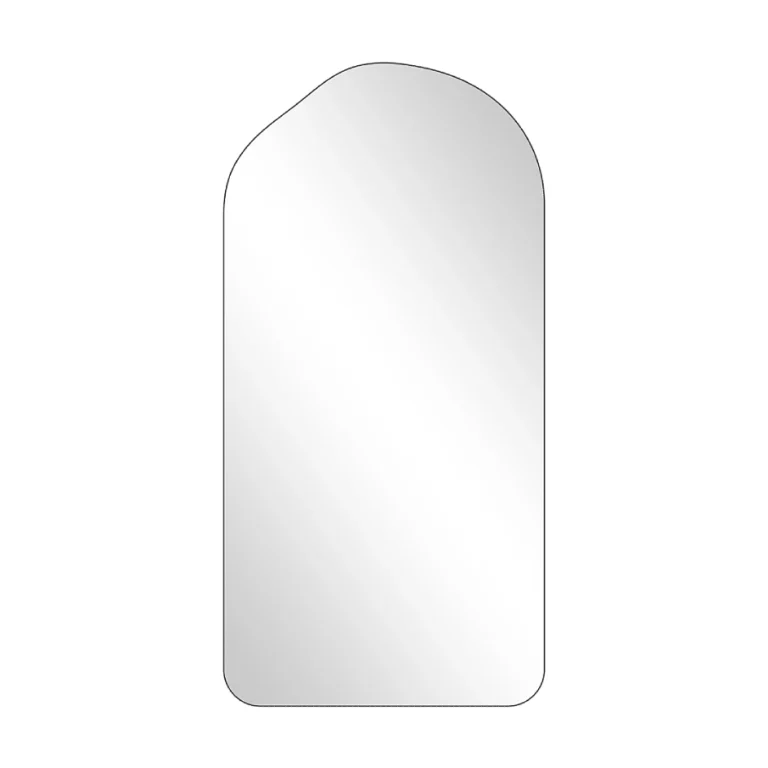Mirror Installation Guide and Tips
Installing a mirror involves several steps to ensure it is securely mounted and properly aligned. Here’s a step-by-step guide for different types of mirror installations:
1. Wall-Mounted Mirror (Basic)
Tools & Materials Needed:
-
Mirror (with or without a frame)
-
Mirror clips or adhesive strips (J-hooks, Z-clips, or heavy-duty adhesive)
-
Measuring tape & level
-
Pencil & stud finder (if mounting on drywall)
-
Drill & screws/wall anchors (if needed)
-
Safety gloves & goggles
Steps:
-
Choose the Location:
-
Decide where the mirror will be installed (e.g., bathroom, bedroom, hallway).
-
Ensure the wall can support the weight (use a stud finder for heavy mirrors).
-
-
Mark the Position:
-
Hold the mirror against the wall and mark the top edges with a pencil.
-
Use a level to ensure straight alignment.
-
-
Install Mounting Hardware:
-
For adhesive strips (lightweight mirrors):
-
Clean the wall with rubbing alcohol.
-
Apply heavy-duty mirror adhesive strips (e.g., Command™ strips) to the back of the mirror.
-
Press firmly against the wall and hold for 30 seconds.
-
-
For mirror clips or screws:
-
Drill pilot holes (use wall anchors if not hitting a stud).
-
Attach J-clips, Z-brackets, or metal mirror clips to the wall.
-
Lift the mirror into place and secure it with additional clips at the bottom.
-
-
-
Final Check:
-
Ensure the mirror is level and secure.
-
2. Framed Mirror with Hanging Hardware
Steps:
-
Check the Frame:
-
If the mirror has a frame with D-rings or a wire, measure the hanging distance.
-
-
Install Wall Hooks or Nails:
-
Mark the wall where the hooks/nails will go (use a level).
-
Drill holes and insert anchors if needed.
-
Hang the mirror and adjust for leveling.
-
3. Large or Heavy Mirrors (Professional Help Recommended)
-
Use French cleats or heavy-duty toggle bolts for extra support.
-
Consider hiring a professional if the mirror is oversized or requires precise mounting (e.g., floor-to-ceiling mirrors).
Safety Tips:
✔ Wear gloves to avoid fingerprints and cuts.
✔ Use a helper for large mirrors to prevent accidents.
✔ Avoid mounting near high-humidity areas unless the mirror is designed for it.
Would you like guidance on a specific type of mirror (e.g., bathroom, full-length, adhesive-mounted)? Let me know!

